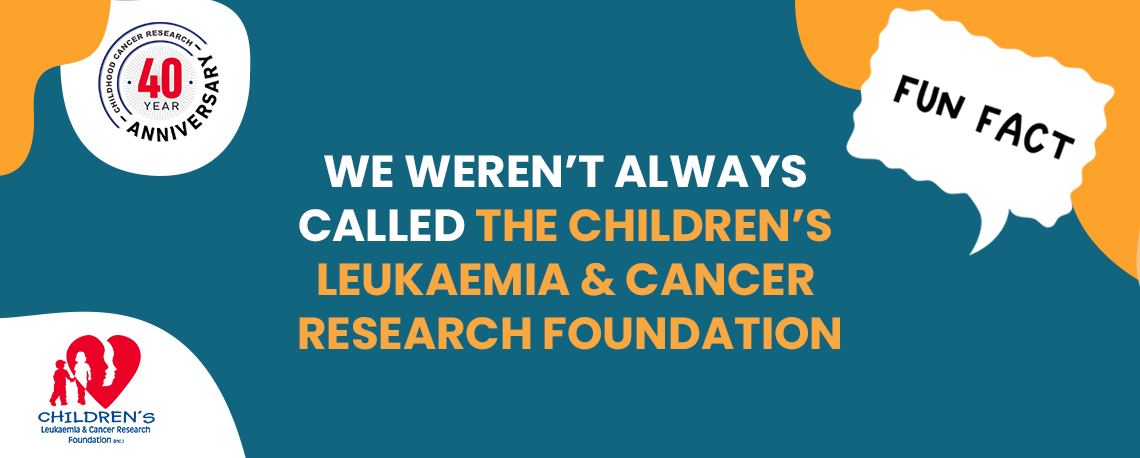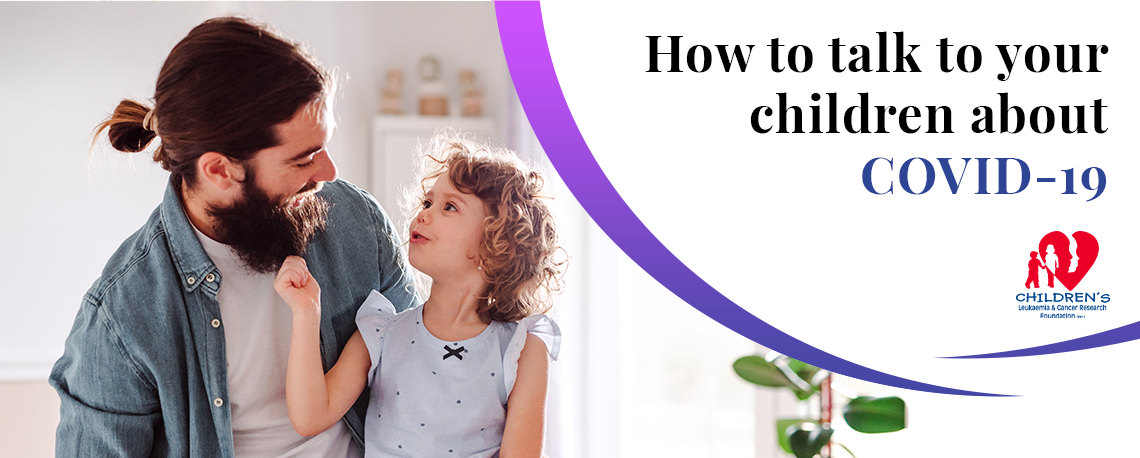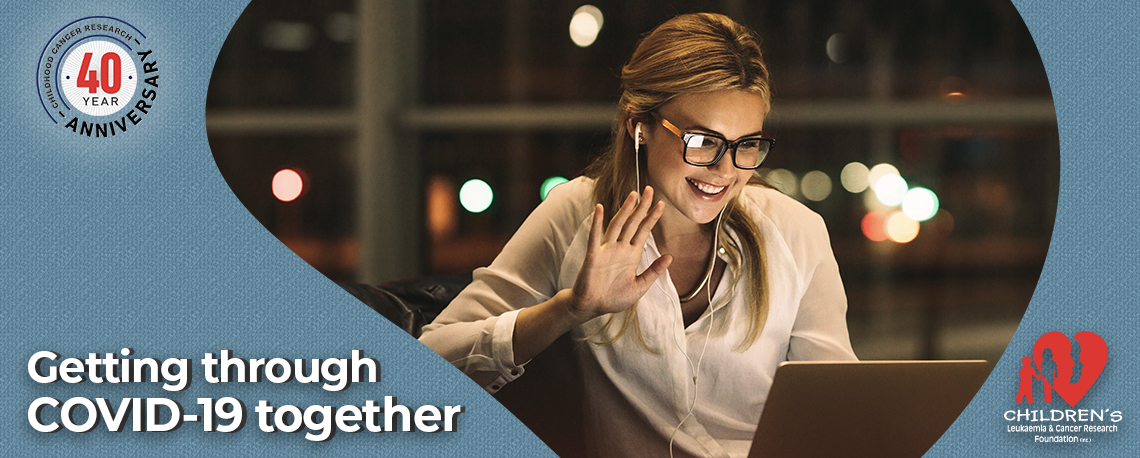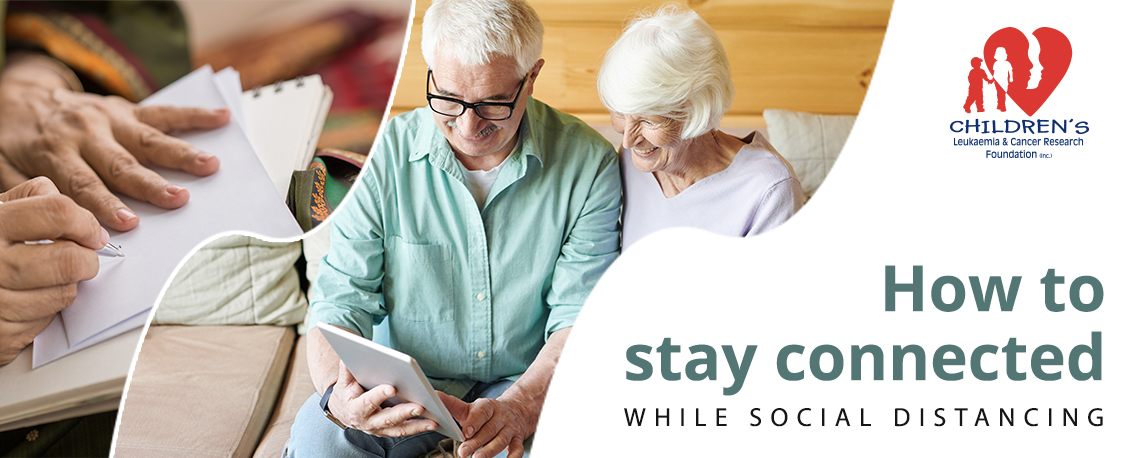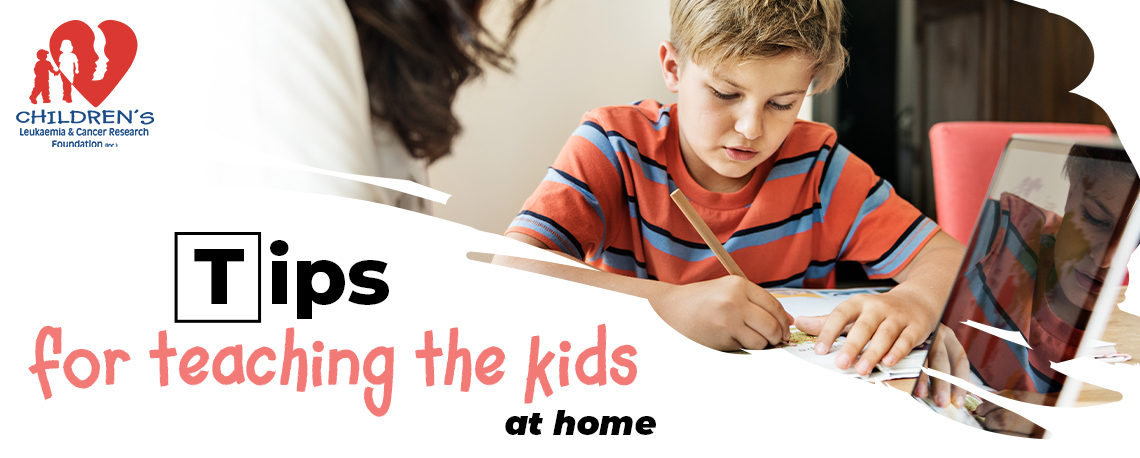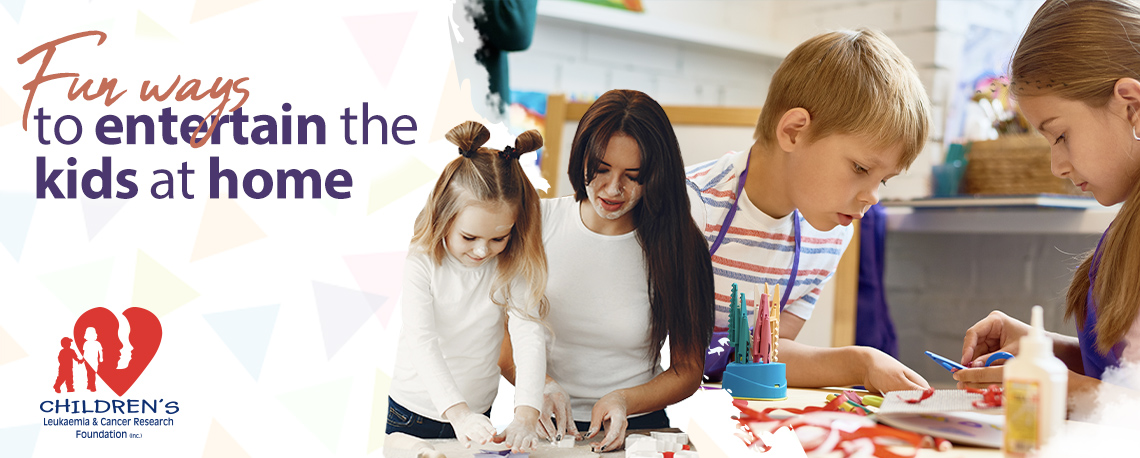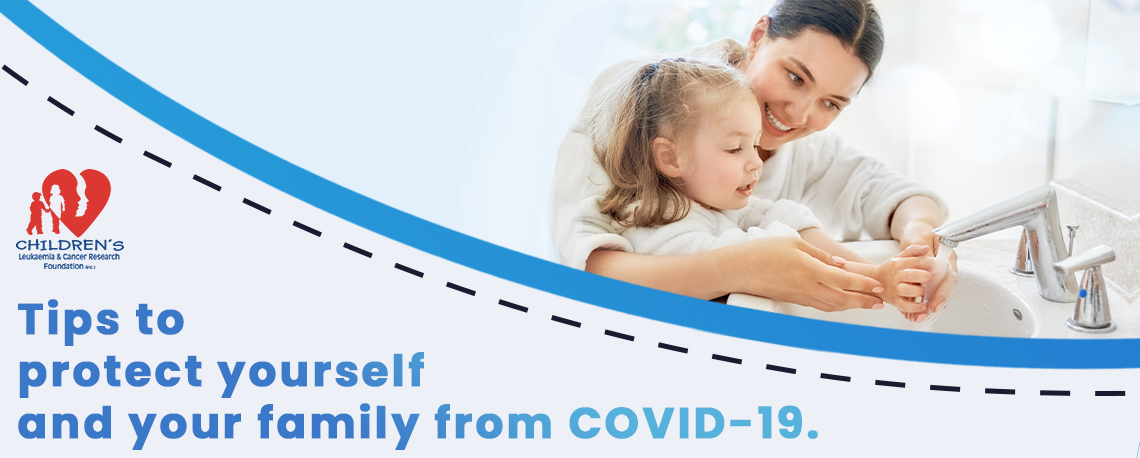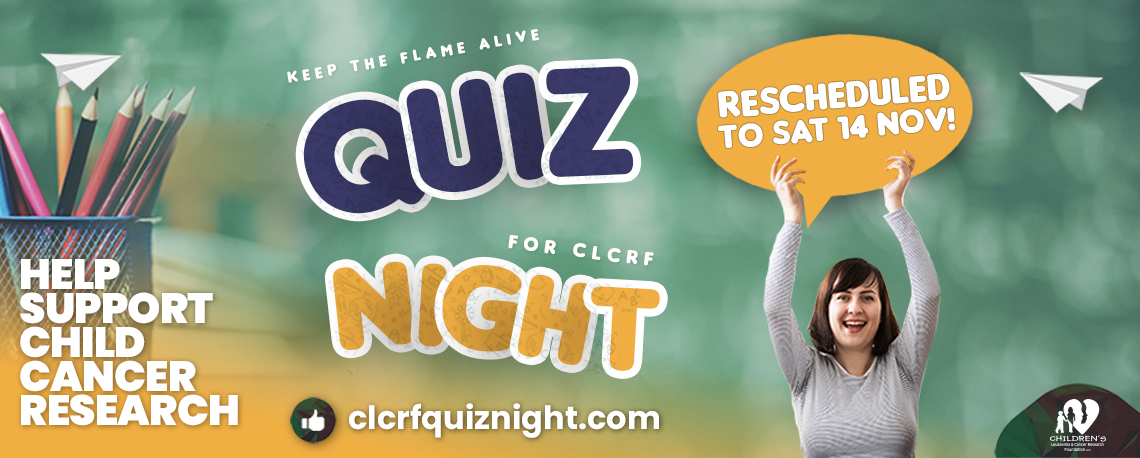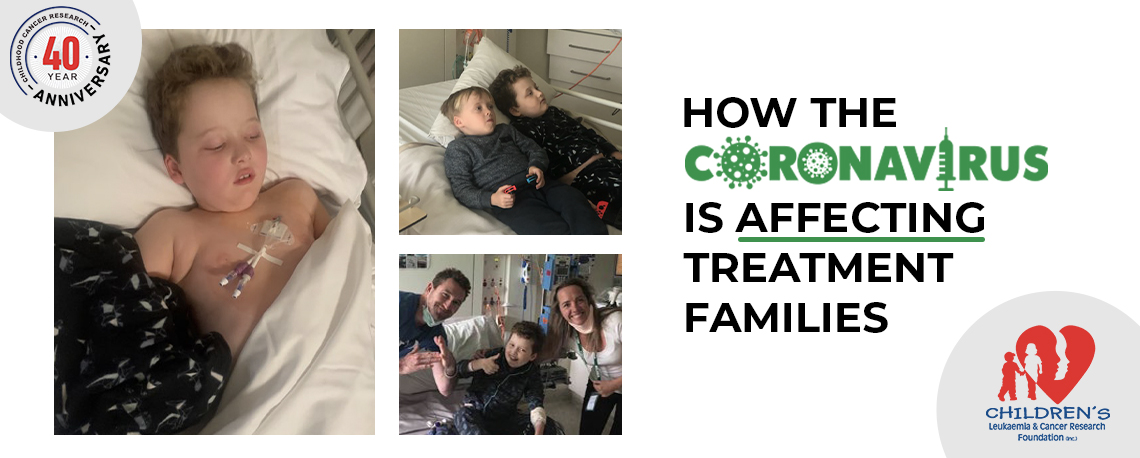
How the coronavirus is affecting treatment families
* Note: This story was written on March 27, 2020. Hunter is now in remission and he and his family are back home in Perth.
How the coronavirus is affecting treatment families
The world has changed, and the threat is real. For a family like Hunter Madden’s it’s already off the scale when we talk about stress and fear. This extremely brave little boy is currently undergoing treatment for Acute Lymphoblastic Leukaemia for a third time, having relapsed for the second time, just one week shy of his one-year post transplant anniversary. Hunter and his family have been through a lot.
Now, due to the COVID-19 Coronavirus Pandemic, this family of warriors must battle a new challenge and all that it brings – including isolation, panic buying, concerns with travelling interstate, risks to their family, on top of the challenges and worries that having a child with cancer already presents.
Hunter and his family are no strangers to battling the unknown and although Melbourne is not normally considered so far away from Perth, in today’s reality it certainly feels that way. We had the opportunity to speak with Kate Bettenay, Hunter’s Mum, recently to discuss what their concerns and fears were, and how this COVID-19 pandemic was affecting them all.
How has Hunter’s treatment been going since diagnosis?
Hunter has ALL, he had a bone marrow transplant in January 2019 in Perth but unfortunately relapsed for a second time just 1 week shy of his 1-year post transplant anniversary. For Hunter to have any chance of surviving we have had to travel to Melbourne where he will receive CAR T therapy. We arrived in Melbourne just over a week ago on Sunday the 8th of March. He has so far had 3 days of chemotherapy to prepare for his cells which were due today but have been delayed until tomorrow because he needs an emergency procedure to biopsy some shadowing they have found on his lungs.
How has the Coronavirus Pandemic affected your family?
We feel really lucky that we were scheduled to fly over when we did. I think if we were leaving now we would find it a whole lot more stressful coming through airports. Even at the time we did travel, it was a huge anxiety provoking experience. We usually try to keep Hunter away from large crowds, airports and planes which can be germ breeding grounds at the best of times.
Since Australia has ramped up their efforts to contain the spread of the virus we have had to lock the doors to Hunters hospital ward, no one who is not a primary carer is allowed in. All siblings are forbidden from entering the ward, which means Hunters little brother Zac can’t come and see him anymore. Neither can his grandparents who thankfully have come over from Perth to help look after us all.
The school has closed on the ward, all NGO’s are no longer allowed to enter or provide support outside the hospital. Just today we have had the art and music therapist cancel, massages cancelled and the charities have had to come pick up all the equipment they have lent to Hunter while he is in hospital.
The government have opened a testing clinic downstairs of the hospital. They have sectioned off a portion of the stairwells for us. We have been told by the medical team not to eat at any of the cafes and to walk briskly through the corridors to get to the ward. Stay away from any crowds and apply social distancing.
My biggest fear is that someone we encounter tests positive for the virus and then we are forced to self-quarantine for 14 days meaning we cannot be there to care for Hunter when he needs us the most.
Has the panic buying at the shops affected you?
I have been watching all the panic buying unfold on social media. We hadn’t had any firsthand experience as we haven’t been able to get out of the hospital at all to go to the shops. I did try to do an online order the other day and the first available time slot was for 10 days’ time. By the time I went in to book the slot the supermarket had closed all online ordering.
Hunter asked for French lamb cutlets for the night he receives his “Turbo T’s”-CAR T cells. I walked to the closest supermarket as we obviously don’t have a car and have been advised to stay off public transport and taxis. When I got there last night I was blown away by what a saw. The meat isles were almost completely bare. All that was left was a couple of Christmas hams and two packs of beef hearts! There were no frozen vegetables, no flour, no sugar, no staples at all! I felt defeated.
Given that you are currently in Melbourne for treatment, are you worried about travelling back to Perth on an aircraft?
I am terrified about how or when we might be able to get back home. It’s too scary to even think of right now though. We have the battle of our lives ahead of us with Hunter receiving his T cells back. I can’t even take my mind to what might happen at the other end of this. I do know however that once he has recovered from this acute phase in his next treatment, he is going to be severely neutropenic and very susceptible to catching viruses. We may end up being stuck in Melbourne for the foreseeable future, until we get this pandemic under control. We might not even have a choice if the government shuts interstate borders.
One thing I do know however is that if we didn’t travel when we did and we were stuck in Perth, unable to get over here to Melbourne, Hunter would have 0% chance of a cure so for that I am grateful we are here.
What can people do to help families like yours cope during this pandemic?
Please when you are panic buying, be mindful of those in need. It may be a senior or a person with a disability, who doesn’t have the opportunity to travel to different supermarkets or on a number of different occasions, they might be people who can’t afford to buy extra as their budget doesn’t allow them to have expendable cash. Or it could be a poor little 6 year old boy who had his heart set on French lamb cutlets after enduring 3+ years of invasive and painful procedures just to have a chance of a normal life we all take for granted. This is a time to support and care for those who are vulnerable, not to use our powers to knock them down again and again. #KindnessWins
By the time you all read this story the world would have changed many times over and Hunters journey will be very different. The fear is the same, the stress is the same and the solution is to keep finding ways to self-isolate. Be kind to every single person you’re connected to and help families like Hunter’s feel a little safer in their isolation.

